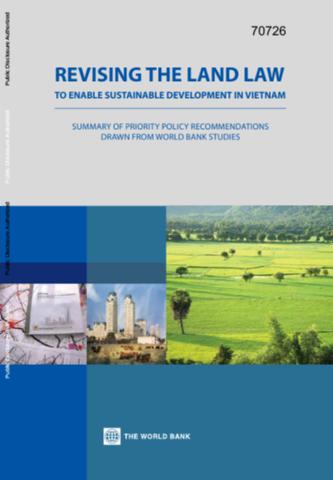Gender and equity implications of land-related investments - Case of study - Laos (FAO, 2013)
The gender and equity implications of land-related investments on land access and labour and income-generating opportunities
>> A case study of selected agricultural Investments in LAO PDR (2013)




